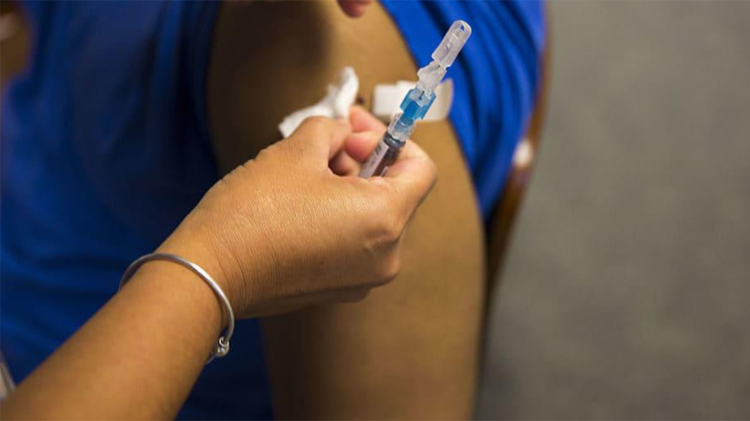Today at a satellite symposium at the South African AIDS Conference, the ECHO trial of contraceptive use and impact on HIV risk released its results. The Evidence for Contraceptive Options and HIV Outcomes Study, or ECHO, was designed to evaluate the risk of acquiring HIV in HIV-negative women who used the copper-releasing intrauterine device (Cu-IUD), a levonorgestrel (LNG) implant (Jadelle) and depot medroxyprogesterone acetate-intramuscular (DMPA-IM), also known as Depo-Provera. The release of the results has been covered by several news organizations:
Bill & Melinda Gates Foundation issues statement on the ECHO trial results
“A statement follows from Chris Elias, President of Global Development at the Bill & Melinda Gates Foundation…”
Devex: ‘Reassuring’ contraceptives and HIV trial also a wake-up call, experts say
“There is no substantial difference in HIV risk among three highly effective methods of contraception, the results of a randomized clinical trial conducted in four African nations show. But the findings reveal high rates of HIV contracted among each group of women studied, prompting calls for deeper integration of HIV prevention with family planning services…”
The New York Times: Depo-Provera, an Injectable Contraceptive, Does Not Raise H.I.V. Risk
“The hormone shot — popular among African women who must use birth control in secret — is as safe as other methods, scientists reported…”
Bhekisisa: BREAKING: Study confirms this popular birth control does not increase your HIV risk
“We now know the answer after more than 25 years of guessing, but will women believe it?…”
Bhekisisa: After Echo: ‘Why the study results scare me’
“We’ve proven Depo Provera doesn’t make it easier to contract HIV. But African women are still left with too few contraceptive choices…”
Health-E News: #SAAIDS2019: 3 things to know about the ECHO study
“Uncertainty is put to rest but study highlights need to step up HIV prevention efforts in high-burden countries — particularly for young women…”
